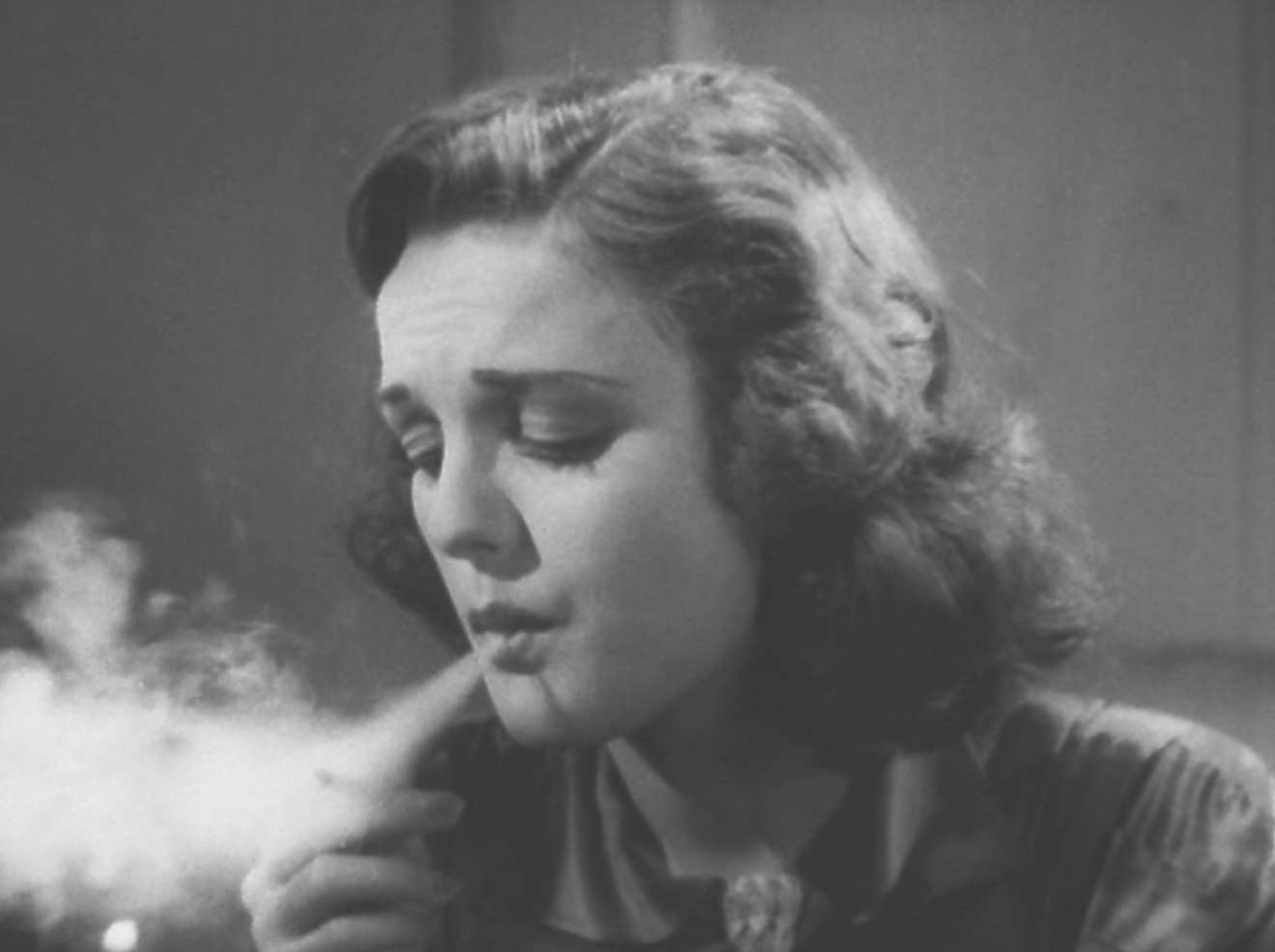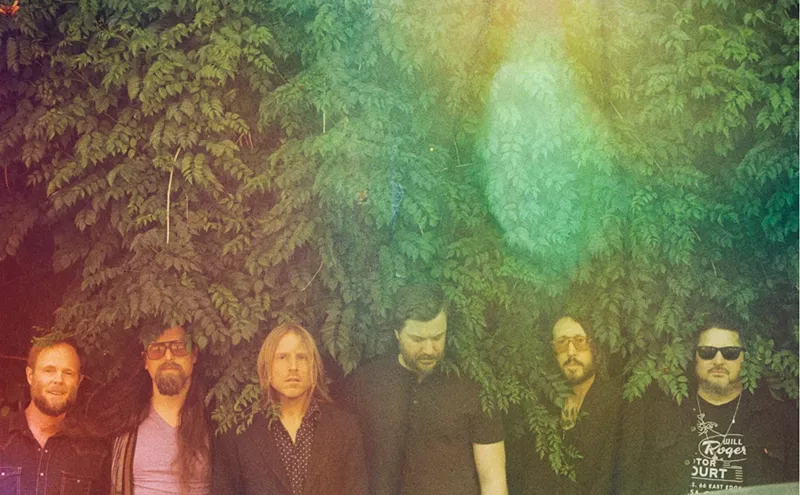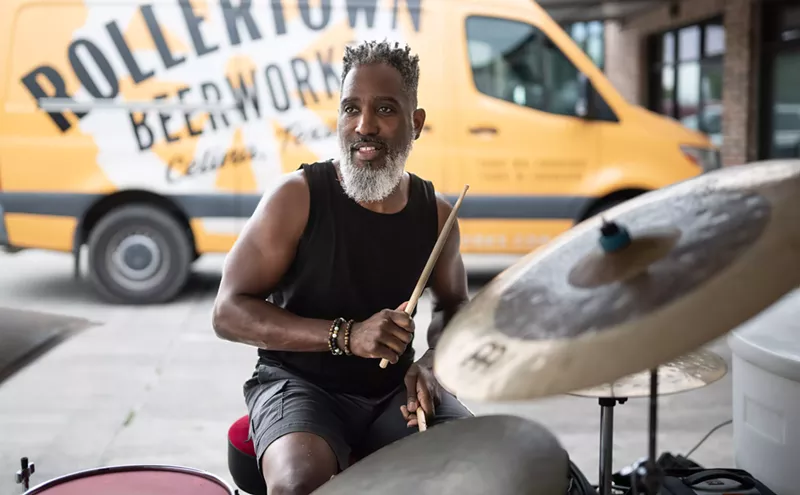Typically, complaints lodged against music in the mainstream would make someone look like a miserly old-timer stuck in his or her glory days, but when people take issue with artists glamorizing drug abuse, they actually raise a legitimate point. However, as much merit as these grievances have, reasonable propositions to combat this issue are few and far between.
People have tried to make drug abstinence glamorous, and not even notable young tastemakers like Nancy Reagan were able to achieve this, her cameo on Diff’rent Strokes be damned. Tipper Gore tried to censor such music with the Parents Music Resource Center, and shockingly, young people didn’t like being shamed for listening to 2 Live Crew and Def Leppard. We’ve even tried offering rehabilitation services to artists and making efforts to improve mental health and morale within the music industry to curtail the issue of the very drug abuse causing it in the first place.
Did I make that last one up? Maybe! But there’s a crystal-clear solution to all of this: Any artist who chooses to mention drug use in their music must also throw in lyrical passages that outline the drugs’ negative side effects.
Think about it. When Future raps about drinking lean on songs like “Dirty Sprite” or “Codeine Crazy,” he’s essentially giving free advertising to pharmaceutical companies like Wockhardt. Oh, but when pharmaceutical company Pfizer spends good money on airing a Zoloft commercial, the Food and Drug Administration keeps an eye out to make sure they’re telling viewers about the possibilities of sexual dysfunction, brain zaps and suicidal ideation.
So if Pfizer wants to circumvent this regulation, all they would have to do is pay Sinead O’Connor to sing about Zoloft in a glamorous light. There’s an entire Wikipedia page devoted to the side effects of the drug, and the Irish singer-songwriter would be able to skip mention of each one with impunity.
As such, we need to hold musicians to the same standard as we do pharmaceutical companies: you can promote any drug of your choosing in a positive light to your heart’s content, but at some point, there better be mention of side effects.
It was perfectly acceptable for the Grateful Dead to sing, “Driving that train, high on cocaine” on the song “Casey Jones,” but there’s not one lyric in that song that mentions getting higher blood pressure and feeling chest pain. Just like there’s not a single lyric on the Velvet Underground’s “Heroin” that mentions respiratory depression or constipation.
French Montana wrote an entire song titled “Molly,” and it wouldn’t have killed him to add a brief mention about being nauseated or dehydrated in the club. On the Migos song “Motorsport,” Quavo spits, “Xans, perky, check (yeah), Bill Belichick,” and he doesn’t even follow it up with lyrics about memory loss or muscle weakness. We demand our money back.French Montana wrote an entire song titled “Molly,” and it wouldn’t have killed him to add a brief mention about being nauseated or dehydrated in the club.
tweet this
And I know what you’re thinking: “Wait, this is interfering with artists’ creativity and freedom of expression,” and to that, I have two rebuttals:
One, I’m not proposing censorship in any way whatsoever. We’re not taking away someone’s speech; I respect the First Amendment so much that I want the FDA to add even more speech to it.
Two, I agree that this would challenge a person’s artistry, and that’s a good thing. If you want to mention drugs in your song but have mentions of side effects to worry about, you’ll be motivated to make the rest of the content so good that it makes the listener forget about the part with the consequences of substance abuse that you were required to mention.
And you may wonder, “What if every artist rises to that challenge and makes music so good that listeners forget about the side effects?”
The answer? That would bring us to a musical renaissance, and it wouldn’t be achievable without artists rampantly abusing drugs. We just don’t want this to make the people we care about follow suit.
*This is satire.













